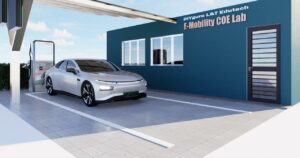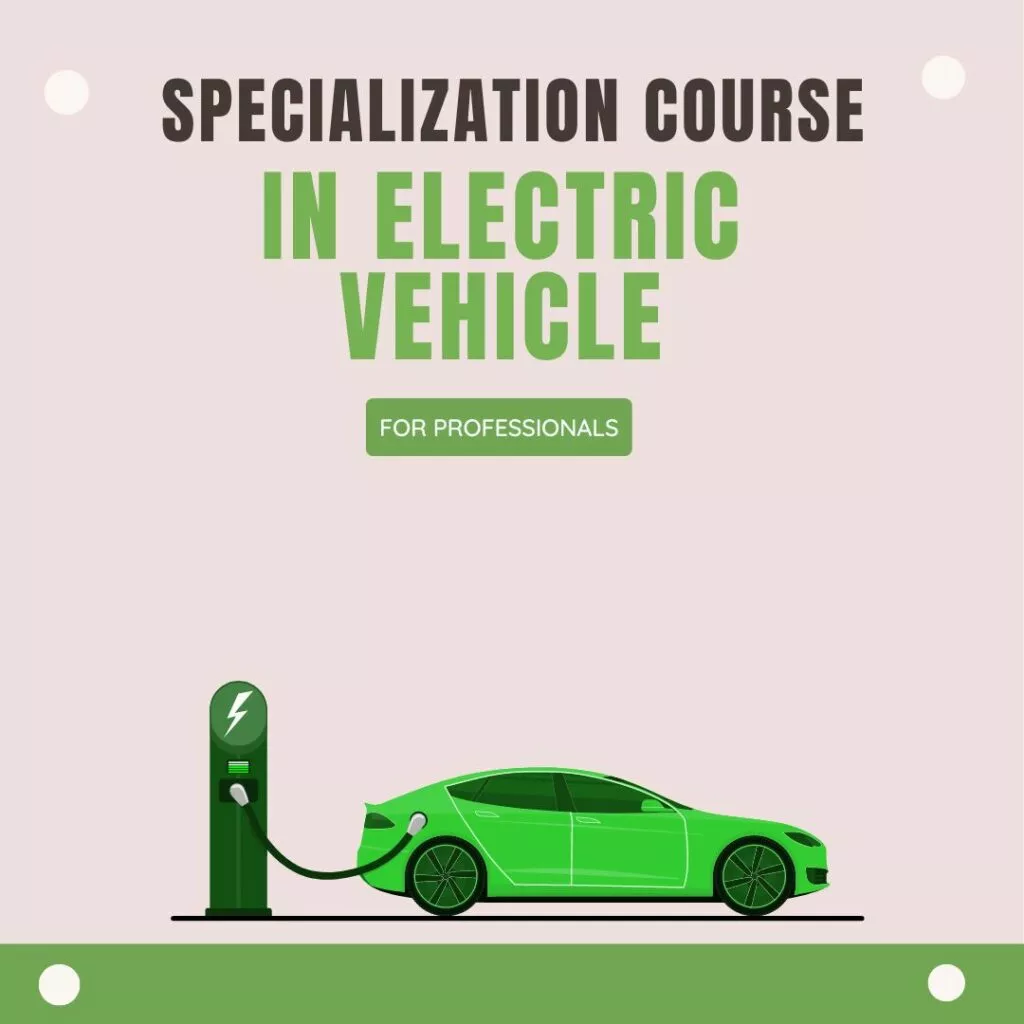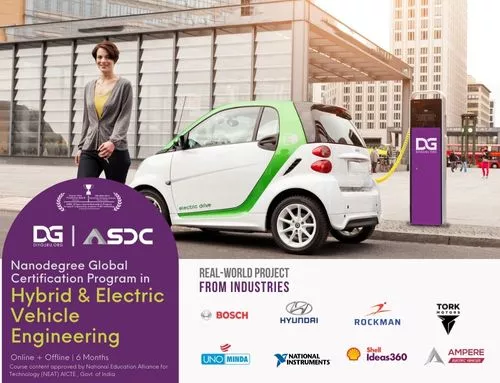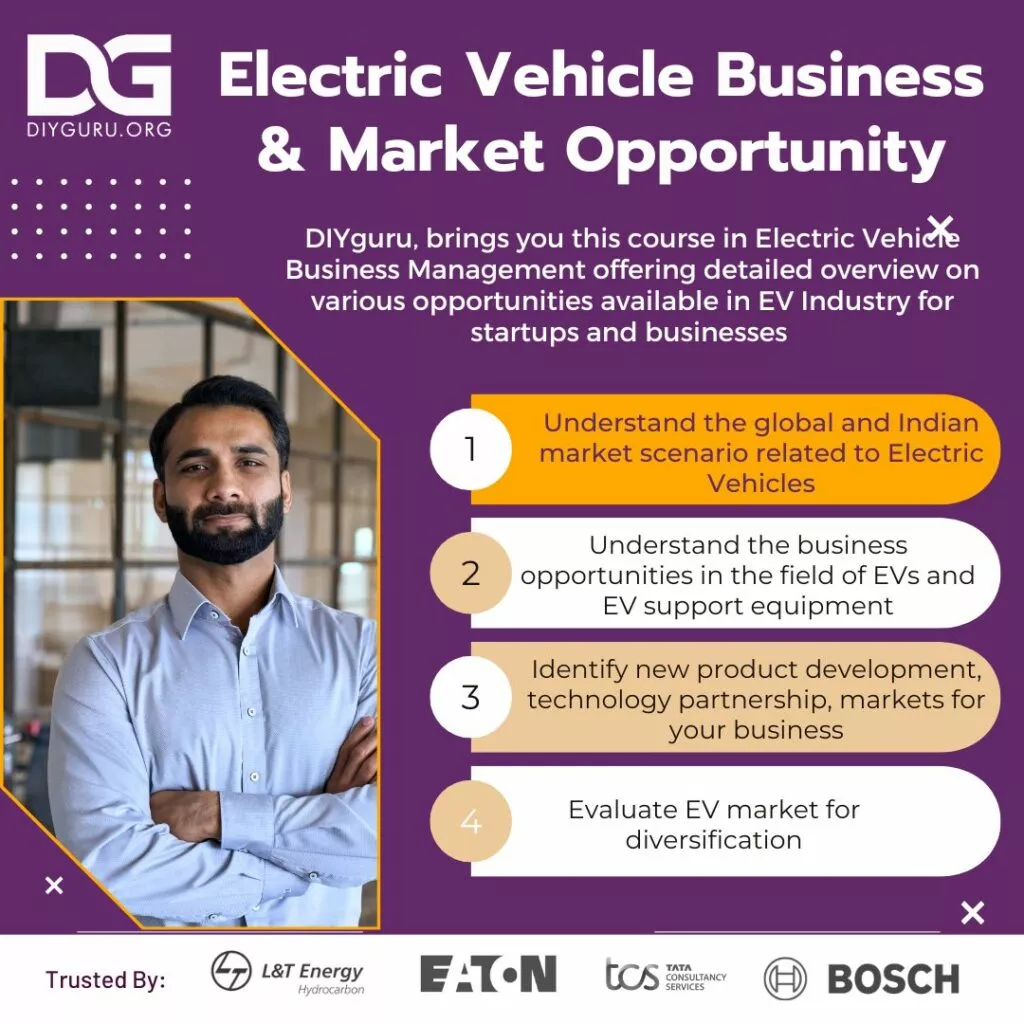[vc_row][vc_column][vc_column_text]The 2018 Budget had no particular mention of anything related to the aggressive promotion of environment-friendly vehicles, however, the government of India appears to be slow-but-steady in endorsing the idea of cleaning the country’s air.
As demand for electric vehicles has started gaining a rapid traction in the international circle, India now looks towards the implementation of Phase-II-of Faster Adoption and Manufacturing of (Hybrid &) Electric Vehicles in India (FAME) scheme — which may see heavy investments pouring into the sector.
As Suresh Prabhu, the Minister of Commerce and Industry, puts it: “Regulations should change with time”. With Prime Minister Narendra Modi’s vision to make India an electric vehicle nation by 2030, the country has already set its foot in this direction, alongside the UK, the US, France, Germany, and China, among other countries.
Park that thought. We bring to you the 24th edition of the weekly EV roundups. Here is the dope of stories on important developments around electric vehicles which circled the global and the Indian EV ecosystem this past week.
FAME-II Scheme Likely To Get $1.3 Bn GoI Investment
The Centre may allocate $1.3 Bn (INR 9,381 Cr) for the implementation of Phase-II of Faster Adoption and Manufacturing of (Hybrid &) Electric Vehicles in India (FAME) scheme for developing and manufacturing zero emission vehicles in the country.
Its draft policy envisages to set up a venture capital fund of $73.8 Mn to manufacture EVs and its components for the country, offer incentives to those willing to scrap their old petrol or diesel vehicles, provide sops to EV taxi buyers, etc.
Further, over $14.7 Mn has also been proposed to setup EV charging stations. The final cabinet note have been prepared for implementing the FAME-II, and may soon be taken up for the Union cabinet to give a green signal.
GoI Proposes To Lower GST On Batteries, Ups The Tax Slab For E-Rickshaw Tyres
The Indian government has proposed to lower the Goods and Service Tax (GST) for the batteries to 12% from the current 28%, to reduce the manufacturing cost of electric vehicles and its components. Currently, the cost per kWh electric car batteries is priced between $225 to $250.
In contrast, the Maharashtra Advance Authority Ruling (AAR) has levied the highest GST slab of 28% on e-rickshaw tyres, from the previous tax slab of 5%. The AAR has included e-rickshaws under the “three-wheeled powered cycle rickshaw” category through an order. Also, the new pneumatic tyres for electric vehicles are now taxed at 28%.
Developments Around The World
Japan Has More EV Charging Stations Than Petroleum Station
Speeding ahead of the rest of the world in setting up an electric vehicle ecosystem, we have Japan – which has set up more EV charging stations of over 40,000 than filling stations for petrol-or diesel-fired vehicles which are 35,000 in number, a survey by the Japanese automaker Nissan reveals.
With this, the EV charging stations is growing concurrently across the globe. Few highlights: In 2017, France had around 12,000 new EV charging points, followed by Germany with about 8,000 and about 2,800 in the UK.
Currently, the global EV charging market is close to $20 Bn, and is expected to grow at a CAGR close to 35.54% during 2018-2023.
China On Verge To Dominate The Electric Vehicles Market
China has brought top international players in their country’s electric vehicles space and is simultaneously pushing its own homegrown companies into the ecosystem. Tesla has launched a company in Shanghai with to focus on the technological promotion of EVs in China. The company currently exports electric cars to the country. Also, BMW recently got a licence to test its autonomous vehicles in Shanghai.
Similarly, China’s homegrown Internet giant Tencent Holdings has made its entry into the country’s autonomous world. It has received the licence to conduct open-road tests for autonomous cars in Shenzhen. With this, Tencent now joins other homegrown Internet giants such as – Alibaba Group Holding and Baidu in its autonomous car industry.
Sweden’s ‘Electrified Road Project’ Indicates Promising Results
There is an electrifried road in Sweden and as Reuters reports on the Vattenfall and Elways, the backers of eRoadArlanda project, it is calling the project as “the first in the world to charge vehicles as they drive along” and it is showing promising results and could potentially help cut the high cost of electric cars.
The 2 km-long road in Sweden has electrified rail embedded in the tarmac, wherein a modified electric truck has put to testing. The project that started in April has so far costs $5.82 Mn. On the development, Reuters quoted Elways and Vattenfall, as saying —
“The charging while driving would mean electric cars no longer need big batteries, which can be half the cost of an electric car,” said Gunnar Asplund, chief executive of Elways, which has patented the technology.
“The investment cost per kilometre is estimated to be less than that of using overhead lines, as is the impact on the landscape,” Markus Fischer, Vattenfall spokesman said.[/vc_column_text][/vc_column][/vc_row][vc_row css=”.vc_custom_1526645143932{background-color: #2a2d50 !important;}”][vc_column][vc_column_text]
DIYguru – Electric Vehicle Course
Electric Vehicle Course: Certification & Workshop
DIYguru is Skill partner for NITI Aayog Electric Vehicle Mobility Vision 2030 and has prepared a one-of a-kind Electric Vehicle Certification Course of 30 Days in partnership with E-Mobility companies providing you with online courses and Hands-on Workshops. Such extensive coursework is A FIRST IN INDIA. Enroll and become part of the ‘electric revolution’.[/vc_column_text][vc_btn title=”Learn More..” style=”classic” color=”primary” size=”sm” align=”center” link=”url:http%3A%2F%2Fdiyguru.org%2Fcourse%2Felectric-vehicle%2F||target:%20_blank|”][/vc_column][/vc_row]






















